While hotel guests have long expected to receive a good night’s sleep in a comfortable bed made up with crisp, white sheets, the operations providing the laundry services that ensure these demands are met have changed beyond recognition over the years. Here’s the lowdown on what’s happening on the ‘clean scene’
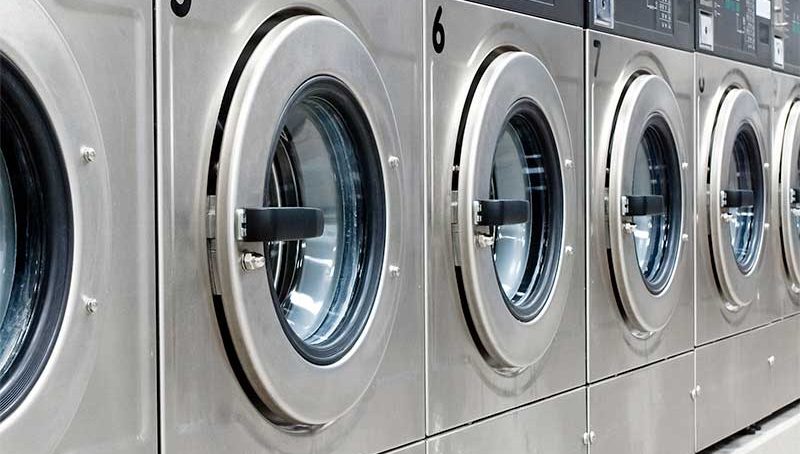
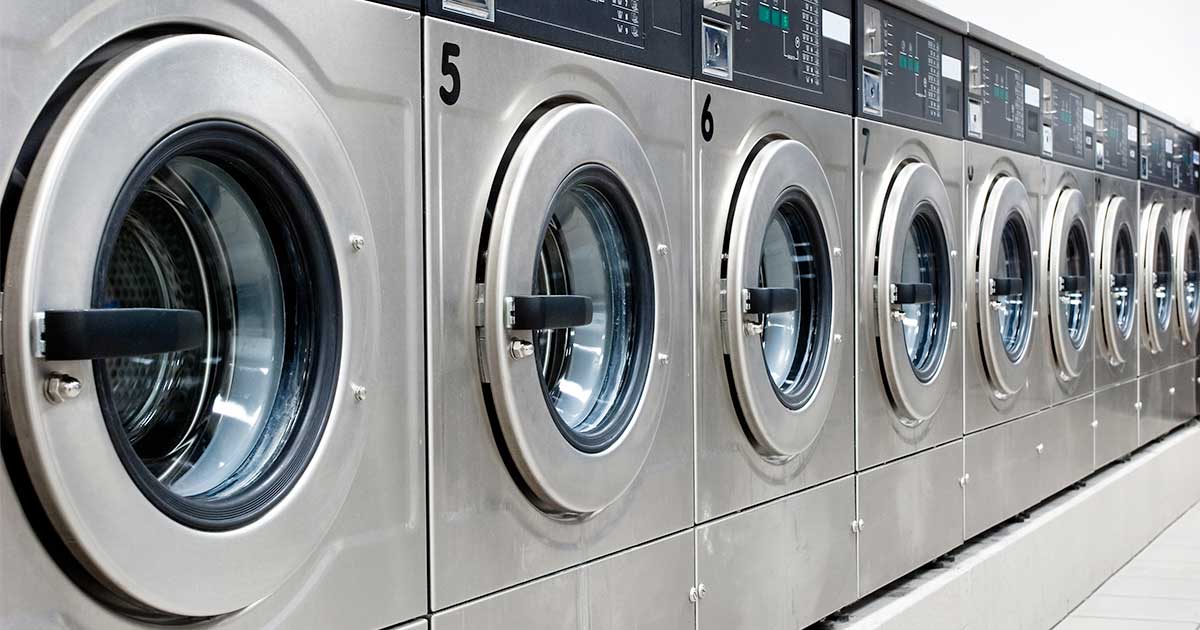
Driven forward by technology and a sharper focus on the bottom line, the laundry segment of the hotel industry has evolved into a thoroughly modern version of itself, with operations often outsourced rather than undertaken in house. Innovations have brought a raft of improvements on many levels to performance and processes, although meeting the demands of today’s discerning customers, including their concerns about the environment, can sometimes be a challenge.
Investing in inventory
While all eyes are on costs in the current economic climate, laundry operators are also having to accommodate one key new trend evident across the sector, which is the move toward luxury. This drive has led to the emergence of bigger beds, with standard double size replacing king size or super king size models, and better-quality linen, with higher thread counts, even in mid-range properties.
Douglas Vieldhouse, CEO of Coventry Hill Associates Consulting, told HN that the increased demand for linens that look and feel better had sharpened the focus on inventory. “High-quality sheets can last a long time if treated right,” he told HN. “However, the fibers in textiles need to rest and relax in between washes, so when sheets are washed and used frequently, they inevitably wear out more quickly. If the system is set up correctly and sufficient linen is bought, sheets can last for over 300 washes, unless impacted by outside sources, such as abuse, theft or physical damage. But because the inventory is not always given enough attention, the average lifespan of a sheet is often nearer to 75 turns or less.”
Jennicor Grava, director of housekeeping at the Sofitel the Palm Dubai, UAE, added that another trend impacting the modern laundry service is customers’ demands for a seamless, tailored service, with an emphasis on convenience and speed. “With busy schedules, guests prefer to put their laundry in a laundry bag and request for door-to-door pick up,” she noted. “Some of the guests will continue using our laundry services even upon check-out. Today’s consumers have an incredible field of options when it comes to laundry services and the industry has noticed this new trend.”
Key role for RFID
Inevitably, new technology is playing a key role in helping operators to meet these demands and achieve their goals. Smart tools are now being adopted by a growing number of businesses, with the introduction of radio-frequency identification (RFID) systems a notable trend. The technology, which allows digital data encoded in RFID tags or smart labels to be captured by a reader via radio waves, has a multitude of benefits, from identification and tracking to data-gathering, as Vieldhouse explains.
“In the very near future, RFID will reduce labor and provide enhanced measuring tools for cost containment and increased materials management tools,” he said. “These include inventory control, loss prevention, improved labor efficiency, brand requirements and identity, and labor availability, to name just a few.”
Grava explains that the Garment Management Inventory System (GMIS) used at the Sofitel laundry, which can be RFID-based or bar coded, allows for an accurate count of the garments and linens, all the while monitoring their lifespan and other aspects of best practices. “We can set par level, wash cycle, locations, movements of stock and through the reports, the system can alert us when the levels are low, when some items are dormant or at what locations,” she said. “During the purchase, we can enter information about price, fabric, supplier, purchase orders, and during usage, the number of repairs and assignments for uniform. Apart from fast tracking, the report can be helpful for planning with the next orders, such as whether to change the quality based on the life span and when to purchase.”
In or out?
Undoubtedly the biggest shift that has taken place across the segment is the move among many hotel brands and other properties to outsource their laundry operations. While this trend is known to have both benefits and disadvantages, Vieldhouse explained that the final decision will often be determined by the need to use valuable space as effectively as possible. “Hotels are very much focused on revitalizing older parts of the building or rethinking back of house operations,” he said. “In city properties, especially, where space is particularly valuable, closing a laundry can provide the space for a significant number of rooms which can often be sold up to a year in advance.”
Industry experts agree, however, that there are instances when it makes sense to carry out laundry operations internally. “If you can gather together sufficient volume, it can make sense to maintain an in-house service, either in property or off site at a location of less costly space, and also if perhaps the locality where a property is based doesn’t offer much choice in terms of good processors and turnaround times,” Vieldhouse noted.
Marcela Arciniegas, EVP of Global Operations, PDQ Consulting Inc, agreed that in-house operations had advantages. “Having laundry operations done in house gives the property better control over the entire process, including managing inventories, although of course, this has to be balanced with the expenses they produce,” she told HN.
Can clean be green?
In an era when keeping a close eye on costs is at the top of industry players’ checklist, hoteliers have also found themselves faced with the challenge of balancing prioritizing the bottom line with maintaining high standards in the service they provide. Hoteliers are also under pressure to take account of environmental concerns, although experts stress that ensuring high standards can make this a tricky balancing act. “Certain stains, such as grease, makeup and body oils, require a higher temperature. Keep in mind that water alone is not a good cleansing agent,” Vieldhouse said. “It’s a matter of getting the four aspects of the formula right – time/temperature/mechanical action/chemistry – and then remembering that if you tweak one to accommodate issues such as water hardness, you have to tweak the others too.” Today’s machines are also operating in a much more efficient way, thanks to new technologies, as Grava explains. “Our efficient programmable machines now enable us to clean any amount of loads with correct dosage,” she said. “Kannegiesser machines and Continuous batch washers are programmed to reduce wastage of resources like water, to reduce the labor cost and ensure the right automatic chemical dosage. All of these savings will help us to save money and improve the internal operation, whilst providing the extra level of service to our customers.”
TRICKS OF THE TRADE
On the occasion of HORECA 2019, HN talks to three judges in the bed-making category for tips on the latest trends and practices currently in vogue, as well as the latest machines currently used

“Using the new multipurpose cleaning machine ‘Hyla’ allows for thoroughly deep cleaning of the carpet and is capable of removing dead skin, dust mites and bed bugs, ensuring an allergy-free room.”
Soumaya Sabra
Director of Housekeeping
Phoenicia Hotel Beirut

“It all depends on the hotel’s standards, but most hotels are now going for very simple beds in white linen without any decorative pillows, bed spreads or bed covers, to give the bed a cleaner and neater look and feel.”
Jeanine Haddad
Executive Housekeeper
Gefinor Rotana

Lèvly and Fixacouette provide a safer, healthier and hygiene-friendlier work environment for a room attendant, guaranteeing a crispier-looking bed.
Denise Frem
Senior Director of Housekeeping
Four Seasons Hotel Beirut
ON THE MARKET
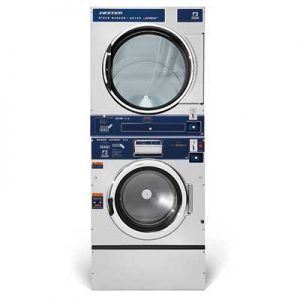
Dexter T-750 50 lb Express stack washer-dryer
50 lbs of laundry capacity in just 13.5 square feet of space. Every T-750 SWD comes standard with 200 g-force washer extraction and a reversing dryer tumbler resulting in a dry-to-dry time of less than one hour.
DEXTER
dexter.com
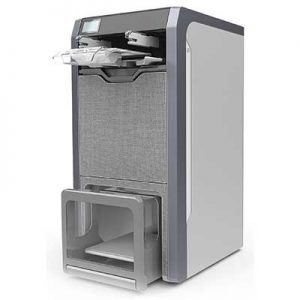
FOLDIMATE
FoldiMate Inc., the Inventors of the Robotic Laundry Folding Machine is currently planned for late 2019. Other regions will follow based on early pre-order demand.
FOLDIMATE
foldimate.com
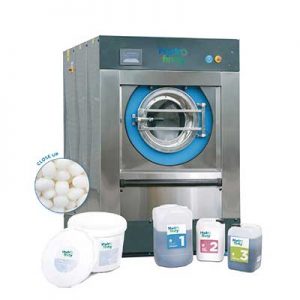
HYDROFINITY 20KG EXTRACTOR
The Xeros polymer bead cleaning washing machine is a revolutionary new commercial laundry system that dramatically reduces water, energy, and chemical consumption compared to traditional washing machines by replacing water with beads as the active ingredient for removing soils and stains from fabrics providing superior cleaning results.
HYDROFINITY
hydrofinity.com
















